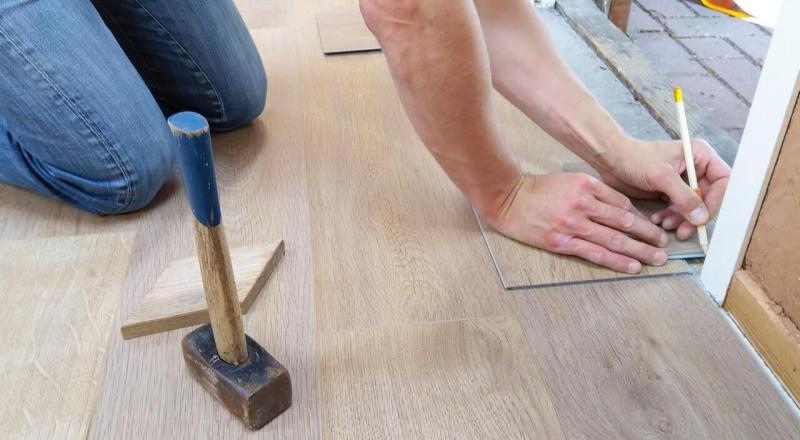There's one major goal for anyone who needs hard money loans. That is quick funding for an investment property without jumping through the hoops of bank financing. Here, we shall delve into a house flipping deal and how hard money loans work in such a situation.
Real estate flipping for profit
First, you need to know that a hard money loan is no typical debt. Hard money lenders work differently, each with unique underwriting principles. The loan requirements and structure differ significantly.
But there's one thing they all have in common: They don't give hard money loans without collateral. The size of your loan is a factor of various elements:
- The purchase price of a property
- As-is value
- After Repair Value (ARV)
- The total cost of repair
With this in mind, let's make some assumptions. For a house flipping deal, most hard money lenders offer tentatively 70% of the ARV. They can also give 80% - 90% of the purchase price; or, LTV, which means loan-to-value.
Let's say you are buying a residential property for $350,000. You need $50,000 to renovate and hope to sell for $420,000. The range for a hard money loan quote would be anything between $280,000 and $378,000. Your lender can still give you an offer outside this range.
Besides the amount of money you receive in the first phase, your lender may reserve a percentage of the loan for advances in the future. This is known as holdback and is funded in milestones during rehab. It can also be deposited to your account just before you sell the property.
This holdback cash enables you to pull some equity off your house before the eventual sale.
How is the hard money loan cost determined?
For most hard money loans, the price ranges from 8 to 13 percent interest per year on average. You'll also be charged an average loan fee of 2 to 4 percentage points for a loan term of 6 to 12 months. These numbers will vary greatly between lenders so it's important that you get as many loan offers as you can before accepting one as it could cost you tens of thousands of dollars.
When comparing different hard money lenders near you, don't limit your choice to the loan fee and the interest rate. Check whether there are hidden charges e.g. processing, loan documentation, appraisals, and credit check fees. These small payments can have a huge impact on the real cost of financing your needs.
Leveraged returns
Hard money offers two major benefits: 1) leveraged returns and 2) acquiring more deals with fixed capital. To understand the complex concept of leveraged returns check the illustration below.
You have a house flipping deal with a total cost of $350,000. With $350,000 cash so you don't need to take a loan. If you sell the house for $400,000, you'll have made a $50,000 profit. That translates to a profit margin of 14.29%.
What if you borrow $300,000 hard money and pursue the same deal. You will take $50,000 only from your cash reserve. But there will be a cost for taking the loan. Assuming the cost rises to $380,000.
Consequently, your net profit would be ($400k - $380k) $20,000 and not $50,000. Coming to the investment return here's what happens:
Since you'll make $20,000 on a $50,000 outlay, your investment return becomes 20,000/50,000 = 40%
This is 2.8 times the return you were getting with your own cash (14.29%). And that's the power of leveraged returns. Remember you could channel the remaining $300,000 to other projects.
Overall, the use of hard money allows you to expand your business as you spread the risk across multiple projects.











